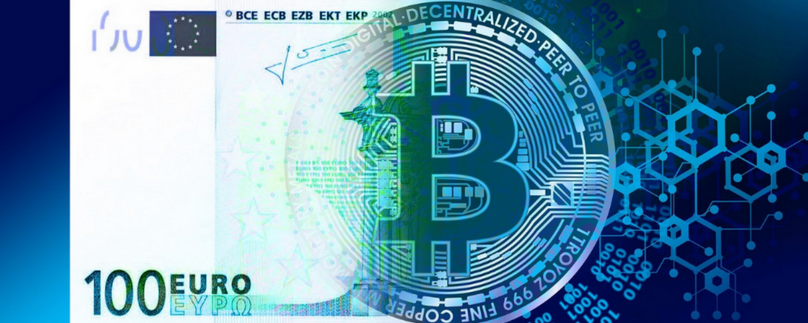A digital programmable euro is essential for innovative business models in Germany, according to the Frankfurt School Blockchain Centre (FSBC). The FSBC is a think tank and research centre focusing on the business implications of blockchain. It published the “The Programmable Euro: Review and Outlook” report on behalf of the Finanzplatz München Initiative (fpmi), highlighting the use cases of the digital programmable euro, a blockchain-based euro that enables programmable payments. The study found that there was a growing demand for payment solutions that eliminate the inefficiencies of current infrastructures, such as the SEPA or TARGET2 systems. These systems were unable to address new business models due to complex data synchronisation processes, and
Topics:
Fintechnews Switzerland considers the following as important: 6c.) Fintechnews, Blockchain/Bitcoin, Featured, Germany, newsletter, payments
This could be interesting, too:
Nachrichten Ticker - www.finanzen.ch writes Die Performance der Kryptowährungen in KW 9: Das hat sich bei Bitcoin, Ether & Co. getan
Nachrichten Ticker - www.finanzen.ch writes Wer verbirgt sich hinter der Ethereum-Technologie?
Martin Hartmann writes Eine Analyse nach den Lehren von Milton Friedman
Marc Chandler writes March 2025 Monthly
A digital programmable euro is essential for innovative business models in Germany, according to the Frankfurt School Blockchain Centre (FSBC).
The FSBC is a think tank and research centre focusing on the business implications of blockchain.
It published the “The Programmable Euro: Review and Outlook” report on behalf of the Finanzplatz München Initiative (fpmi), highlighting the use cases of the digital programmable euro, a blockchain-based euro that enables programmable payments.
The study found that there was a growing demand for payment solutions that eliminate the inefficiencies of current infrastructures, such as the SEPA or TARGET2 systems.
These systems were unable to address new business models due to complex data synchronisation processes, and counterparty risks from the asynchrony between delivery and payment.
The study also noted that the development of a digital euro by the European Central Bank (ECB) was not likely to happen before 2026.
It called on the private sector to develop the programmable euro instead.
The programmable euro will need a “technology-neutral legal framework”
Potential configurations for the programmable euro, as pointed out by the study, included stablecoins issued by unregulated companies, tokenised commercial bank money by financial institutions, tokenised e-money by e-money institutions, and trigger solutions based on conventional payment infrastructures and distributed ledger technology (DLT).
The study also noted that the programmable euro could support several use cases in the financial sector and the real economy.
This includes liquidity management and new lines of business in manufacturing, through pay-per-use and tokenisation, efficiency gains in supply chain management, smart contracts for the automated purchase and sale of electricity, DLT-based digital securities, and more.
“For all of these DLT applications, a programmable euro would represent an efficient payment option, enabling micropayments and digital DvP transactions (among others), providing the building blocks for the industry of the future,”
said Dr. Philipp Sandner, Head of the FSBC at the Frankfurt School of Finance and Management.
Finally, the study highlighted that cross-company and stakeholder collaboration was essential to the development of the programmable euro.
The success of DLT-based solutions depended on their interoperability, it said, calling for a “a far-sighted, transparent and technology-neutral legal framework.”
Tags: Blockchain/Bitcoin,Featured,Germany,newsletter,payments






